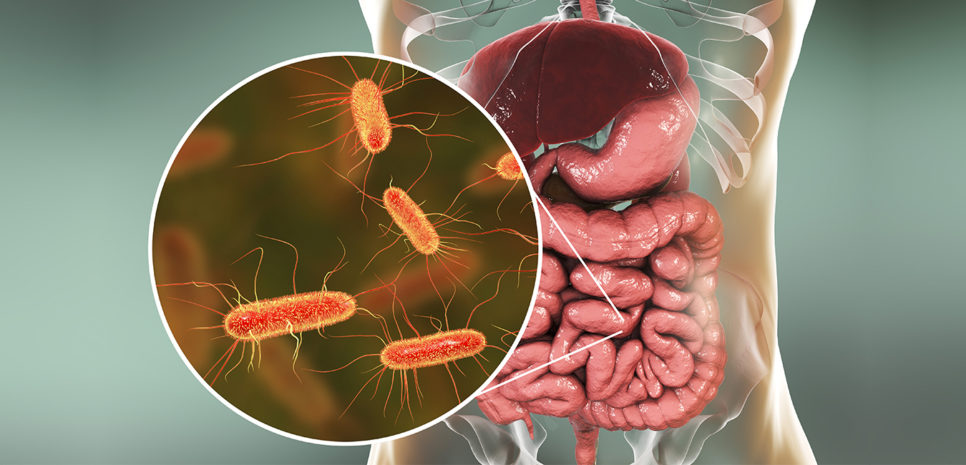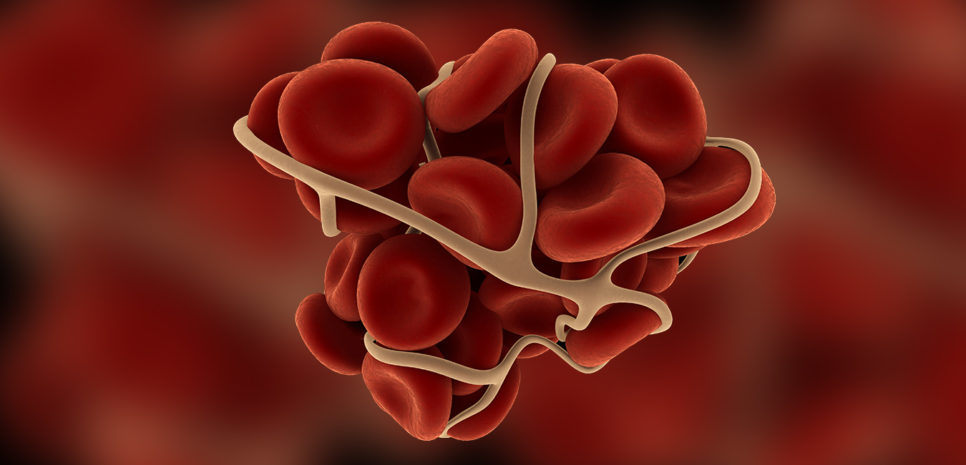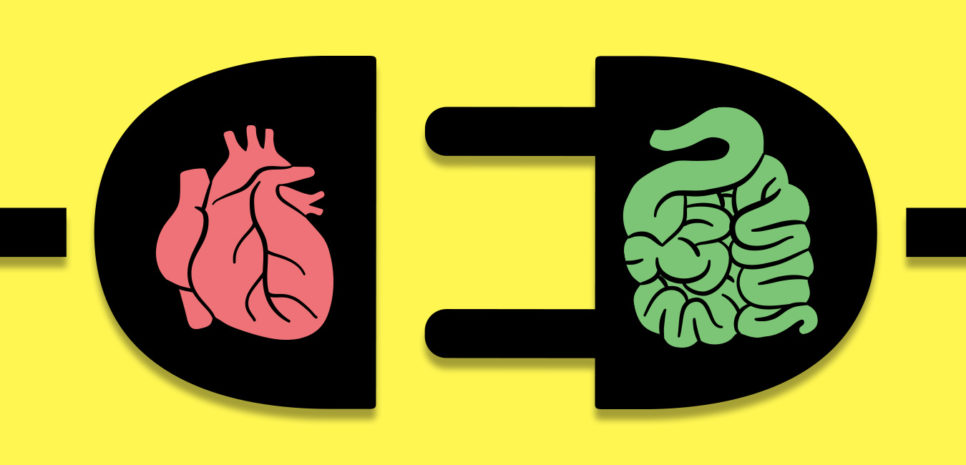Can Antibiotics Increase Your Heart Attack Risk? You may have heard that taking too many antibiotics can make them less helpful. This happens because bacteria become resistant to these medications over time. Sometimes, antibiotics may not work at all when you really need them and this can be quite dangerous. But there’s a new reason to be careful about taking …
What Your Gut Says About Your Heart
It’s hard to imagine, but your gut—your stomach and intestines—are home to trillions of germs. That might sound bad, but the germs in your gut can actually keep you and your heart healthy. There are both “good” and “bad” germs in the guts of healthy people. The good ones can release helpful substances from foods and control the bad ones, …
Choline, TMAO and Heart Health
Powerful new evidence from the Cleveland Clinic confirms a link between choline, a nutrient naturally found in foods like red meat, egg yolks and dairy products, and the risk of dangerous blood clotting. Choline interacts with gut bacteria to make the blood more prone to clotting by helping to produce a compound called, trimethylene N-oxide (TMAO). Elevated blood levels of …
The Gut, the Heart, and TMAO
The Surprising Link Between the Gut and Heart Health Science has long recognized that what we eat plays a critical role in our heart health. Now the details of this complex connection are coming into focus. One of the more intriguing recent discoveries has to do with the role of the gut microbiome—the trillions of microbes that reside in the …
3 New Tests to Predict Heart Attack and Stroke Risk
Three new blood tests can help identify hidden risk for a heart attack or stroke in seemingly healthy patients—before symptoms strike. The new tests, now available through Cleveland HeartLab (CHL), check levels of certain biomarkers that have been linked to cardiovascular danger in peer-reviewed studies. Cardiovascular disease (CVD) is the leading killer of men and women, accounting for one in …
TMAO Testing: A New Way To Assess Heart Attack And Stroke Risk
A new blood test that measures levels of TMAO (trimethylamine-N-oxide) — a metabolite derived from gut bacteria — can powerfully predict future risk for heart attack, stroke, and death in patients who appear otherwise healthy, according to pioneering Cleveland Clinic research. The new test — now available through Cleveland HeartLab — measures blood levels of TMAO, a compound produced by …






